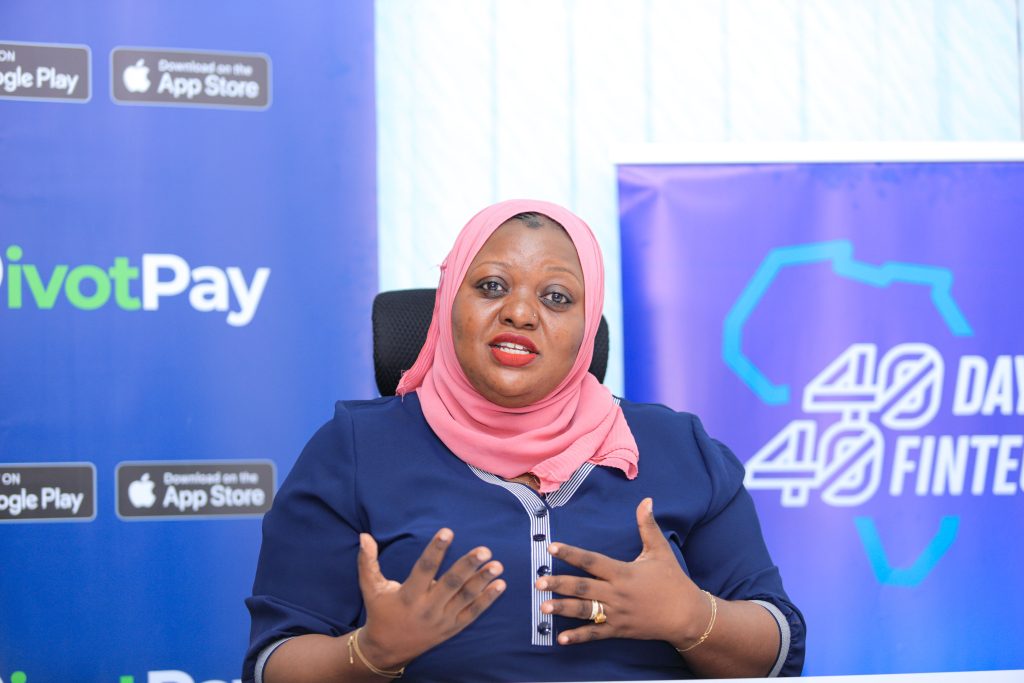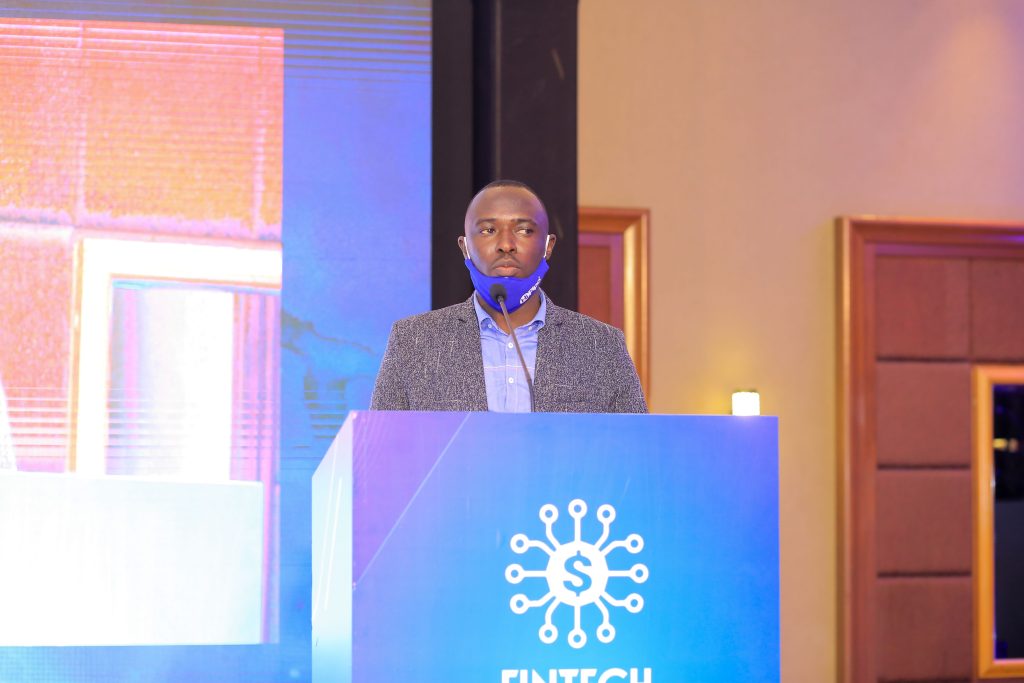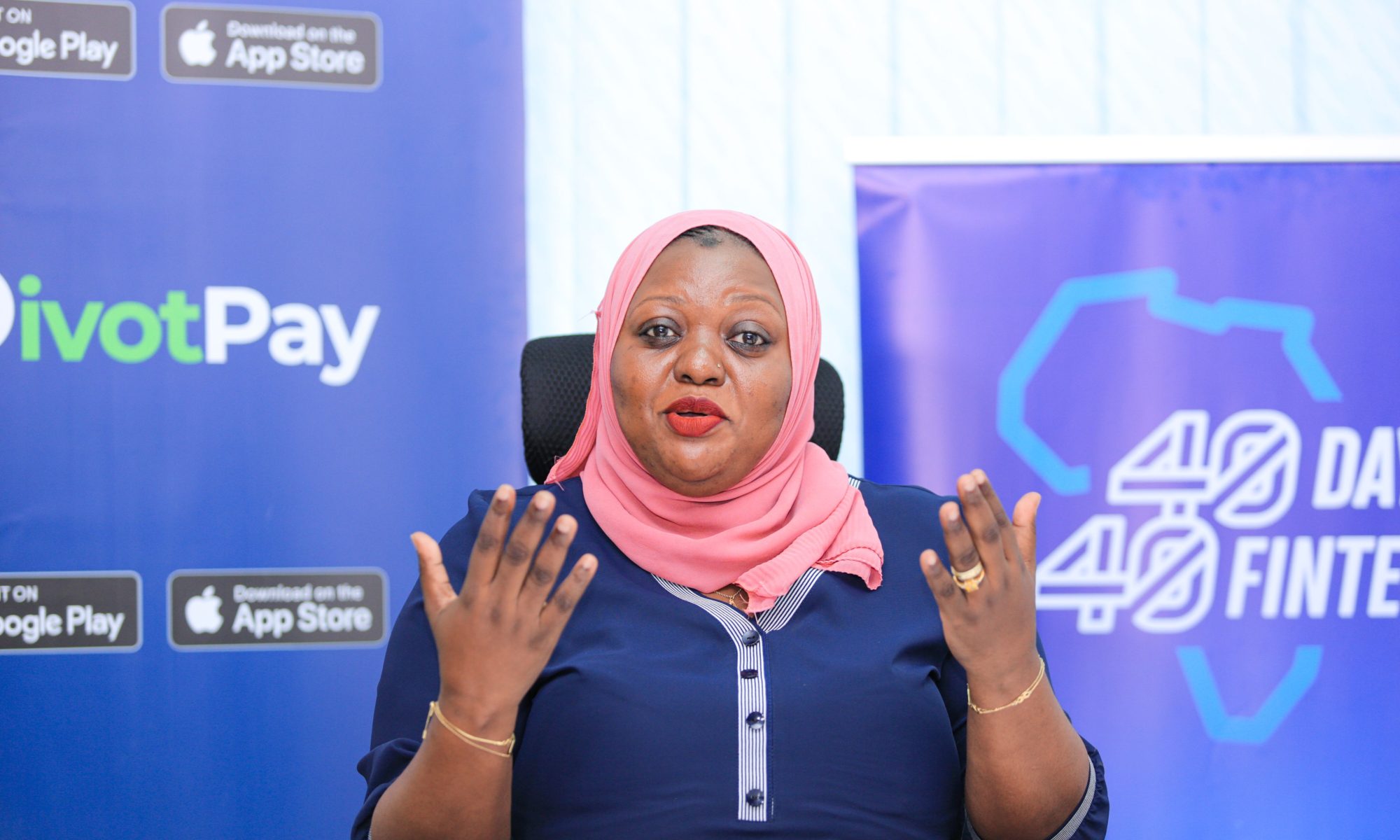Our Reporter.
One of the biggest challenges faced by Ugandan migrant workers working in the Diaspora is money remittance. The cost of sending money is very high, ranging between five and ten dollars for transferring little amounts. On top of this, many have been defrauded of their hard-earned money – sometimes by their own relatives and friends who misappropriate it.
Imagine coming back home after two years of hustle in the Middle East and you realize that the house or business you were funding was all a hoax! That’s why we have lots of cases of depression and suicides among ‘returnees’.
It is ‘these’ depressions that Pivot Payments came to heal through an online banking system that allows one to conveniently manage their money without using a third party.
“The person just needs to download our mobile application and they will be able to save, send or spend money. This application is good for the Kadamas (Migrant Workers), as they are known. When they access Pivot Payments; they can save their money there because we have got a wallet; they are able to spend because they can pay bills directly from wherever they are for the people back home such as water and electricity bills or school fees; they can as well send it to the bank or mobile money wallet,” says Princess Shamirah Kimbugwe, the Founder and CEO Pivot Payments.
Born during the Covid-19 pandemic, Pivot Payment has received tremendous uptake because of the increasing demand and adoption of digital financial services.
“We were born in Covid. So, we were born out of fire….Covid in a sense shaped our resilience as a company. You have to fight to get a customer. Covid gave us a way to address the digital needs of that particular customer. Most businesses are closing, downscaling…but we have had to strengthen, we are going into other markets. We are expanding. So, Covid has harnessed our business…” says Kimbugwe.
According toKimbugwe, close to 170,000 people are banking with them with more than 16,000 using the mobile application. The platform has so far handled about 14 million US dollars in transactions.
“Migrant workers from other countries are calling for our services. We are soon opening shop in Kenya, Tanzania and Ghana. Our ambition is to be in 10 markets across Africa by the end of next year,” she says.

Given that they primarily target migrant workers in the Middle East, Kimbugwe says more than 70 percent of their customers are women, since many are there as domestic workers.
Prohibitive laws.
Kimbugwe notes that while Uganda’s FinTech industry has lots of promise, there are still many regulatory bottlenecks.
“The FinTech industry in Uganda is still in the infancy stage. If you have over 70 FinTechs in Uganda, how many of them are licensed? Only 14! What does that tell you about us? Availability of FinTechs is there but maturity is not there. When you come to regulation, there is a new regulation that is being operationalized. But the enforcement has gaps,” Kimbugwe notes, adding;
“The law is financially prohibitive. When you say the minimum capital requirement for a FinTech to be licensed is UGX250m, money supposed to sit in the bank, then there is a grey area. FinTechs are run by young people who can’t afford to raise such money! Uganda has attracted just about 250m US dollars in FinTech investment but Kenya is close to 1bn dollars and Nigeria 2bn dollars. What are they doing right that we are not? It goes down to the environment, the laws. Let’s look at regulation; how we attract players. If Google and Amazon are setting up in Nairobi, why not in Kampala. Why? Let’s revise our tax regime. Regulation regime.”
40-Days 40-FinTechs
Now in its third edition, #40Days40FinTechs has quickly grown into one of the world’s premier showcase events for the innovations that are enabling ever more people to join the digital economy space.
That is surely going to remain the case, in large part due to the inspiration and collaboration from the project partners – Level One Project, Mojaloop, ModusBox, and Crosslake Technologies generate, but mostly because of the continuing generous support of the Gates Foundation.
“Knowledge is power. The 40 Days 40 FinTechs initiative has given us knowledge of the existing players and what they are doing. You have opened a door for information and collaboration. If you realize that someone is doing something, you can partner and achieve more,” Kimbugwe says.
The 40 Days 40 FinTechs initiative offers participants useful tools and an introduction to the industry’s emerging technologies, such as Mojaloop Open Source Software, and guidance from Level One Project foundational material. The skills gained from this initiative cover Level One Project Principles, Instant and Inclusive Payment Systems (IIPS), Inclusive Finance and FinTech in general.
HiPipo CEO Innocent Kawooya appreciated Pivot Payments for simplifying banking and managing finances.

“Convenience is a very strong pillar for the success of any business and that is exactly what Pivot Payments is providing for our migrant workers. They can now comfortably be in Dubai and pay schools fees for their children back in Iganga, Masaka or Luweero without hustle. That is an ultimate financial inclusion model,” he said.
Kawooya added that this year’s edition is cementing achievements of the previous editions – where over 60 FinTechs have been transformed – but also building on them to leverage digital financial inclusion in East Africa and beyond.
“As HiPipo, our extensive effort and advocacy is partly for the intention of championing digital innovation and interoperable instant and inclusive payment systems (IIPS) in Africa to a point where our innovators enjoy and achieve sound profit margins to help them keep designing and deploying affordable and inclusive financial services for the poor,” he said.

